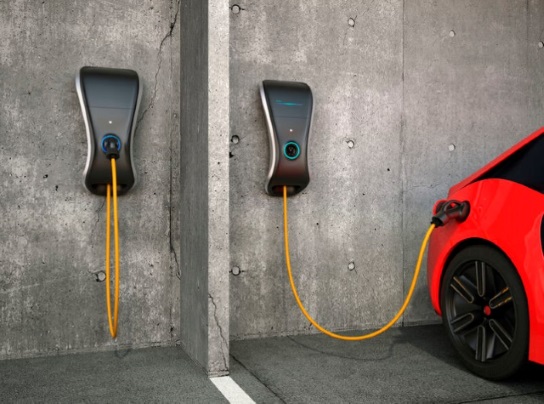
Green tech’s dark side
By Ronald Stein
The hype these days is to stop using those dirty fossil fuel driven cars and trucks and convert everyone to those clean electric vehicles. But wait!
Before you jump onto the EV train, those EV’s have a very dark side of environmental atrocities and non-existent transparency of human rights abuses associated with mining for the exotic minerals that power them.
The key minerals used in today’s batteries are cobalt, of which 60% is sourced from one country, the Democratic Republic of the Congo (DRC), and lithium, of which more than 50% is sourced from the Lithium Triangle in South America, which covers parts of Argentina, Bolivia and Chile. Today 20% of cobalt is mined by hand. Amnesty International has documented children and adults mining cobalt in narrow man-made tunnels, at risk of fatal accidents and serious lung disease.
The exotic minerals of lithium and cobalt are both extremely limited in their supply and available locations, compared to crude oil that can be found in almost every country and ocean and at various depths. The limitations of supply and the minable locations for these in-demand commodities present a very serious challenge as to how to continue the EV revolution when those supplies begin to diminish.
The mere extraction of the exotic minerals cobalt and lithium used in the batteries of EVs presents social challenges, human rights abuse challenges, and environmental challenges. Not only are working conditions hazardous, but living conditions are abysmal, with workers making such meager wages that they are forced to live in abject poverty; and, whether on-duty or off, regularly exposed to out-of-control pollution and many other environmental issues that cannot be ignored.
The cobalt mined by children and adults in these horrendous conditions in the DRC in Africa then enters the supply chains of some of the world’s biggest brands. There are no known “clean” supply chains for lithium and cobalt, yet the richest and most powerful companies in the world continue to offer up the most complex and implausible excuses for not investigating their own supply chains.
Tesla Motors’ “dirty little secret” is turning into a major problem for the EV industry—and perhaps mankind. If you think Tesla’s Model S is the green car of the future, think again. The promises of energy independence, a reduction in greenhouse gas emissions, and lower fuel costs, are all factors behind the rise in the popularity of electric vehicles. Unfortunately, under scrutiny, all these promises prove to be more fiction than fact.
Recently, the Environmental Protection Agency and the U.S. Department of Energy undertook a study to look at the environmental impact of lithium-ion batteries for EVs. The study showed that batteries that use cathodes with nickel and cobalt, as well as solvent-based electrode processing, have the highest potential for environmental impacts, including resource depletion, global warming, ecological toxicity, and adverse effects on human health. The largest contributing processes include those associated with the production, processing, and use of cobalt and nickel metal compounds, which may cause adverse respiratory, pulmonary, and neurological effects in those exposed.
As demand for rechargeable batteries grows, companies have a responsibility to prove that they have ethical supply chains, a priority when implementing green policies, and are not profiting from the misery of miners working in terrible conditions like those in the DRC. The energy solutions of the future must not be built on human rights abuses.
When a company has contributed to, or benefited from, child labor or adults working in hazardous conditions, it has a responsibility to remediate the harm suffered. This means working with other companies and governments to remove children from the worst forms of child labor and support their reintegration into schools, as well as addressing health and psychological needs.
Non-existent proactive environmental regulations and human rights abuses are both on the dark side of green technology.
This article originally appeared at EurAsia Review.
Ron Stein is an engineer who, drawing upon 25 years of project management and business development experience, launched Principal Technical Services (PTS) in 1995. He writes frequently on issues of energy and economics.
From: cfact.org